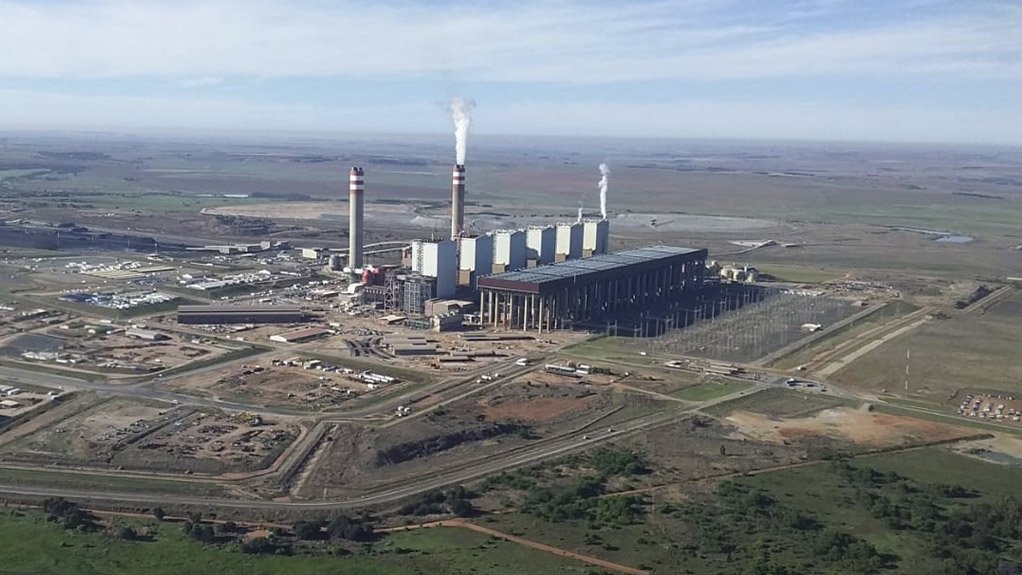The National Energy Crisis Committee (NECOM), set up under the Presidency, has brought together the best people and put together a plan that has the best chance of resolving the country's greatest economic challenge – the electricity crisis, states Business Leadership South Africa (BLSA) CEO Busi Mavuso.
Business has backed that plan, going so far as to raise R100-million to pay for the technical skills needed for its implementation, she points out in her latest weekly newsletter.
"We welcomed the new Electricity Minister Kgosientsho Ramokgopa and his promise to be not a creator of new policy, but an implementer of the existing NECOM plan. I did not feel that commitment was in place last week when his Cabinet proposal was made.
"It was disconcerting to see . . . a major deviation from that plan being proposed to Cabinet. It was rejected, with the instruction that it should first be considered by NECOM.
"Why did the new minister contemplate the proposal, which envisaged a major new investment in coal and extending the life of coal-powered stations? Such plans must be considered carefully. They require huge amounts of investment, can only affect electricity availability several years ahead of us and may well face operating costs that are higher than the costs of alternative sources of new electricity," she states.
One of the causes of implementation failures is simply that South Africa does not stick to plans. When a plan is agreed, it aligns many stakeholders. When it is then deviated from, it inevitably creates misalignment and a loss of trust, she emphasises.
Further, the NECOM plan envisages State-owned power utility Eskom bringing several of its units back into operation, and the introduction of Kusile Unit 5, Mavuso highlights.
"Eskom’s generation fleet must be managed effectively. We must get the most value from the coal power stations that we can. But, we must do so considering the facts about what is possible and what it will cost. The right way to establish those facts is through a revised Integrated Resource Plan (IRP).
The IRP sets out a course for the future of electricity supply. It assesses the different options and charts a course that delivers reliable energy at the least cost. The most recent one was published in 2019 and is outdated. It should be a document that is revisited every year, Mavuso notes.
"The NECOM plan envisages this [yearly revision], though its deadline of a new IRP in March has now been missed," she adds.
"Our plans must be driven by the evidence, rather than vested interests. That is the only way that all social partners can remain focused on delivery. Business’s commitment to the NECOM plan is clear, most obviously in the resources we have put behind it," she says.
Further, improvements in the operating efficiency of Eskom's plants are important. Many of its plants have suffered from significant maintenance deficits for many years.
The new builds have experienced problems from design issues to poor workmanship that have meant they have never been able to produce at their nameplate capacity. These issues affect the energy availability factor for both old and new plants in the Eskom fleet.
"We should improve this performance, but, in some cases, the necessary interventions will be more expensive than the alternatives.
"BLSA is strongly committed to supporting evidence-based solutions to the crisis. The NECOM process has grappled with the issues and has the best possible solution for dealing with the crisis in the short term.
"A new IRP must set our path from there into the medium to longer term. We need everyone to rally behind those two plans for the sake of the country," Mavuso emphasises.
EMAIL THIS ARTICLE SAVE THIS ARTICLE ARTICLE ENQUIRY
To subscribe email subscriptions@creamermedia.co.za or click here
To advertise email advertising@creamermedia.co.za or click here











